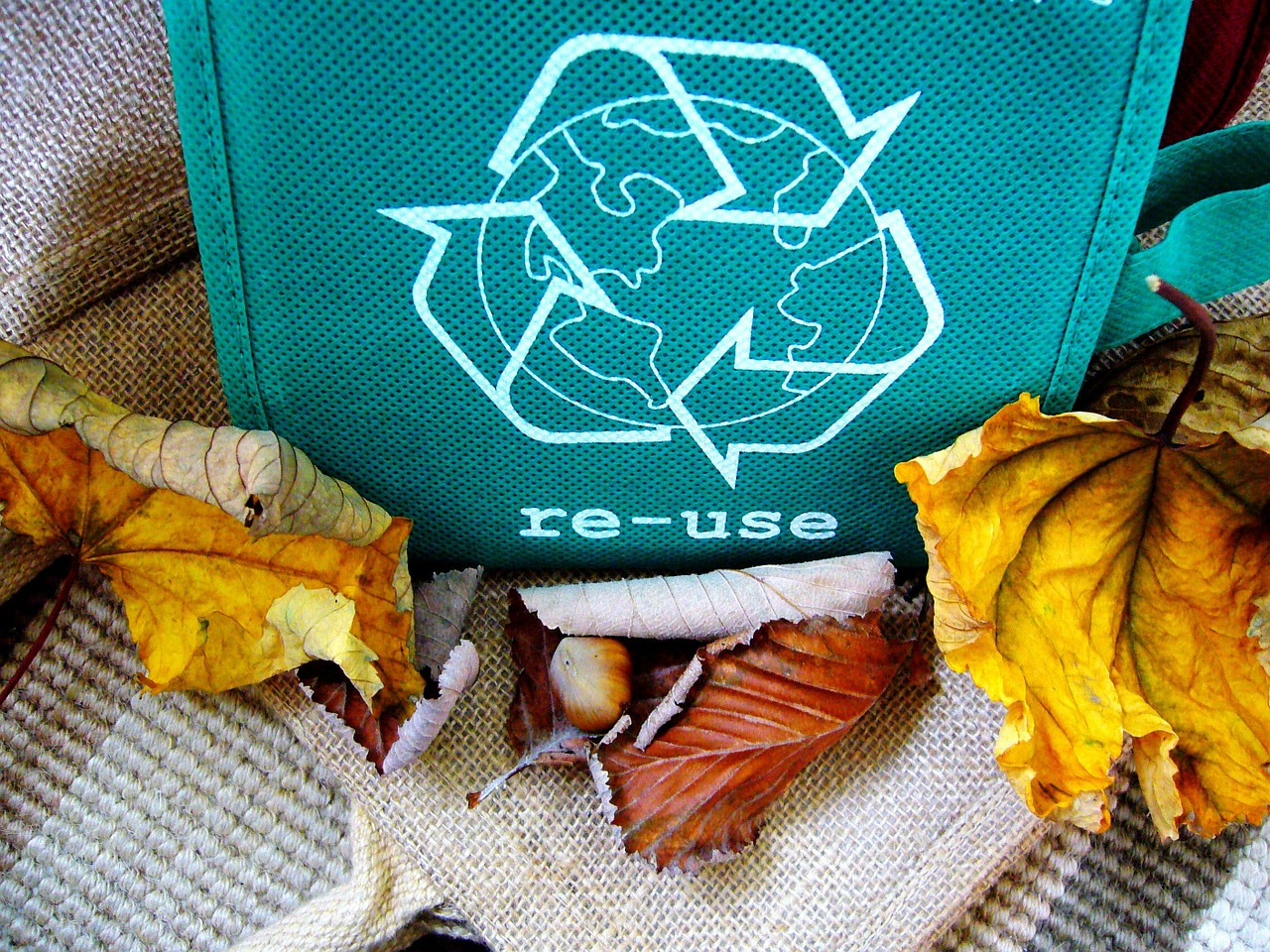Choosing Christmas gifts isn’t exactly an easy job. To get your gift right, you must know at least a little bit about the person you’re going to surprise. But what if that person is no longer who they used to be?
Sadly, Alzheimer’s disease results in a change of course in sufferers’ lives. This common form of dementia gradually destroys brain cells, causing irreversible memory loss that might require the assistance of a caregiver. Although the symptoms of Alzheimer’s aren’t curable, certain medications can help control patients’ behaviors in mild to moderate stages.
If you’re unsure about what to give a beloved family member with Alzheimer’s this holiday season, read on to find the best gift ideas, regardless of the stage he or she finds themselves in.
Early-stage Alzheimer’s gifts
In the early stages of Alzheimer’s, patients have milder symptoms. These include agitation, losing track of time, misplacement of belongings, and having difficulty in completing familiar tasks. In this case, gifts that can stimulate your loved one’s memory while also being a source of enjoyment are great options. Here are a few alternatives to get you started.
Jigsaw puzzles
Puzzles aren’t only challenging and fun, but they help boost short-term memory, as well. Studies have suggested that puzzles and memory games decrease the damage that naturally happens in the brain of Alzheimer’s and dementia patients.
A memory box
It’s hard to accept that your loved one’s memory will eventually fade. Since it might take a long time before that happens, create a special memory box filled with items of sentimental value. This way, the person you’ll give it to can remember special moments without much effort.
Adult coloring books
A set of crayons and a coloring book can be the ideal gift. Why? Because coloring is a great activity to improve manual dexterity in seniors. It’s also an easy game they can play with their grandkids anytime.
An iPod
Some songs can be nostalgic. Giving them an iPod with their favorite songs downloaded will probably be the best gift they’ve ever received. It doesn’t have to be pricey, either: websites like TheStore sell tech (new and restored) for up to 70 percent off. Enjoy!
Late-stage Alzheimer’s gifts
In later stages, there’s not a lot that family members can do but offer their support and get used to advanced symptoms that require 24/7 care. The elderly need companionship and affection more than ever, and the following gift ideas will help you show some love.
A self-care day
A spa day is always a good idea. The ladies will love a professional manicure or pedicure, whereas the men could enjoy a foot massage with lotions. Base yourself off their preferences and get creative with this one.
Lap robes in their favorite color
Late patients tend to become wheelchair-bound. Make their day by giving them a lap robe in their favorite color, or even better, crochet or customize it yourself for a unique present.
Comfortable wear
A warm sweater, fluffy slippers, and winter hats; when it comes to being comfy, there are so many options to choose from. We’re sure any of the above would make anyone’s cold day better.
Baby dolls or stuffed animals
No one can resist a cute furry animal or a cozy baby doll. After all, they’re comforting and can be an adorable company, especially during the night. A quick tip: make it a surprise. They’ll love it even more!
A locket necklace
Even though your loved one may forget your name or your face, they can keep your picture close to their heart with a locket necklace. This ornament is a beautiful, sentimental gift that can last for generations to come. Be certain that the memories you put in it will never fade away.







